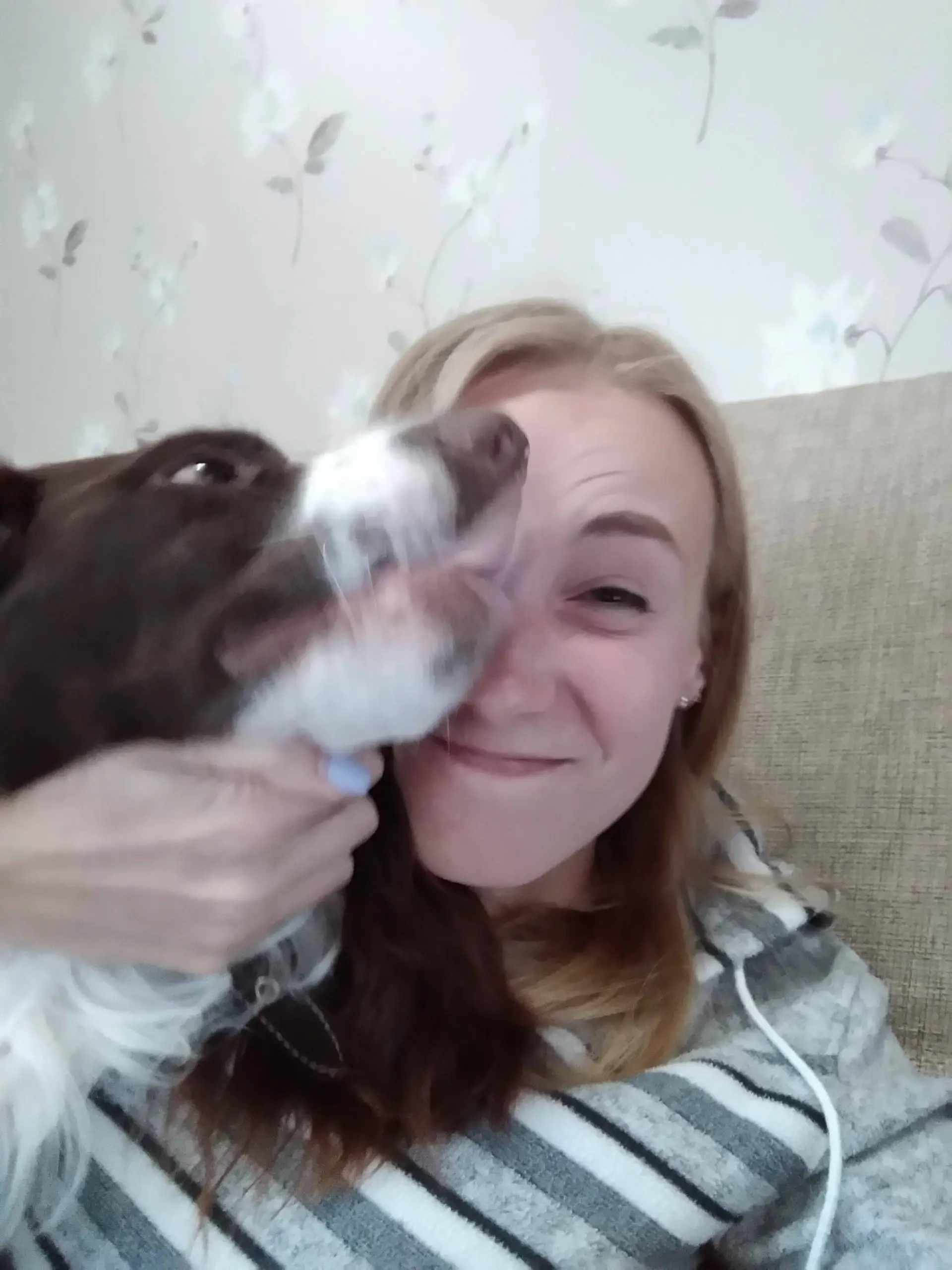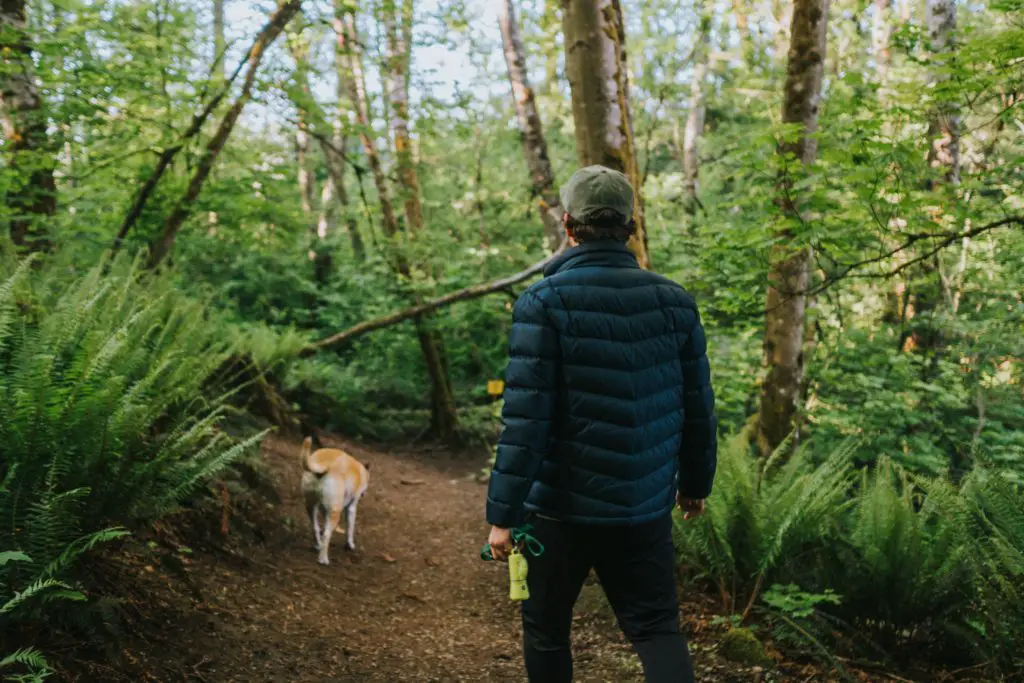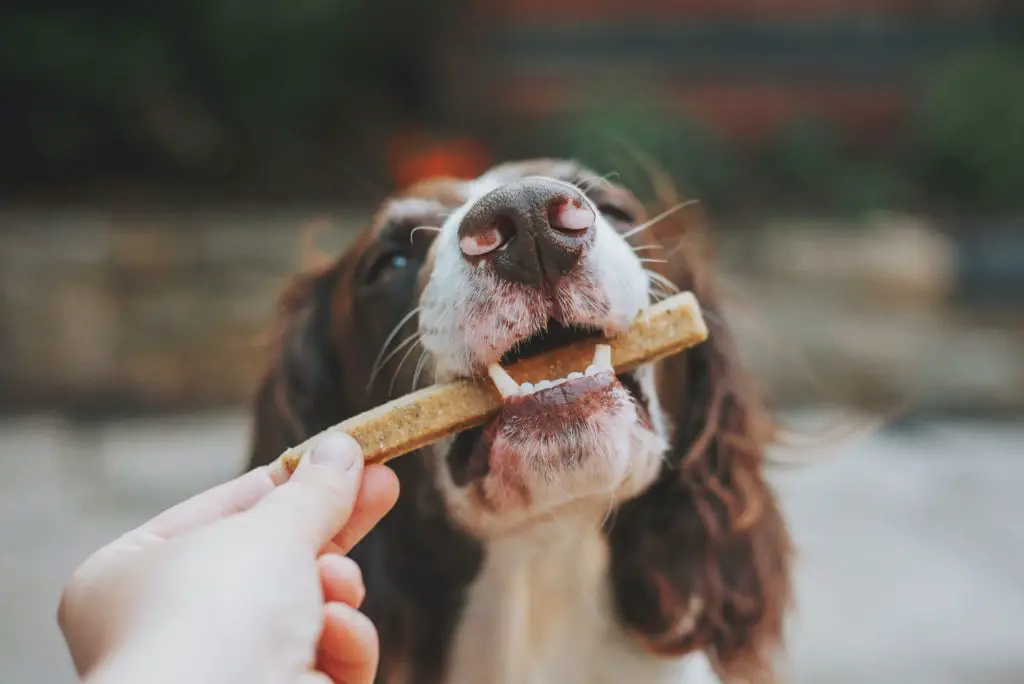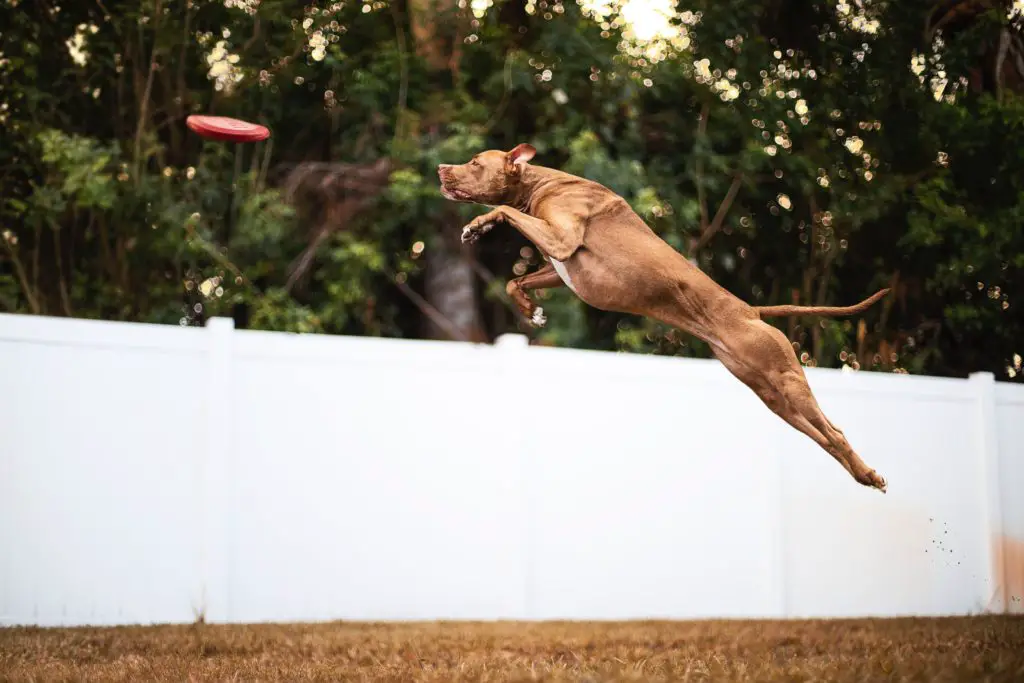Dogs love to chew on their favorite toys and blankets, but excessive or sudden chewing behavior can make you a bit worried.
So, how do you get your dog to stop chewing on blankets? Giving chew toys to your dog is the best way to stop it from chewing blankets. Also, praise it when it does so. Chew deterrent sprays and plenty of exercises to relieve stress and anxiety are excellent alternatives. If the condition doesn’t stop or worsens, visit the vet to check for an underlying health issue.
Let’s explore this topic in more detail, I will make sure to give you only the most effective tips and practices.
Why Does My Dog Bite Down On Blankets?
While chewing on blankets may seem odd to some owners, it’s normal in dogs and puppies.
Here are the reasons for dogs biting down on blankets.
- Separation anxiety
If your older dog suddenly starts biting the blanket, chances are it’s suffering from separation anxiety. As our dogs always want our attention and love, they can become stressed and feel left out when they don’t get it.
If you leave your dog home alone daily, it may develop separation anxiety and chew on blankets to relieve the stress.
- Teething
When puppies are in the teething stage, they have the urge to chew on everything to relieve the discomfort. While they may keep chewing the toys all day long, the blanket will seem like the best option to them at night.
So, if your puppy is in the teething stage, chewing blankets is normal. But, make sure it doesn’t prevail with time.
- Nursing need
Puppies who commonly chew on blankets develop this habit because they were weaned from their mothers early.
To satisfy their nursing needs, they will constantly chew on the blanket. A blanket seems to be the best option because it’s soft, comfy, and makes the puppy feel secure.
- Hunger
Hunger can be the reason for the dog chewing on the blanket, but it’s not always the case. If you don’t provide the right amount of dog food or it doesn’t contain the essential nutrients needed for growth, your dog may develop the habit of chewing on the blanket to reduce hunger.
- Illness
If your adult dog suddenly developed the habit of chewing on the blanket, it is likely to be suffering from a health issue. As dogs tend to hide their illness, they will chew on the blanket to relieve their stress, and it can be a red signal for you as well.
Why Does My Dog Nibble On Blankets At Night?
If you see your dog nibbling on the blanket at night, stress and anxiety can be the common reasons. However, some dogs may chew out of boredom, and it happens when they don’t exercise much or are left alone at home.
Sometimes, your dog may nibble on the blanket because of the discomfort caused by fleas and parasites. While the dog may not be much concerned about them during the day, the fleas can become intolerable at night.
So, it’s better to check your dog for fleas constantly.
In other cases, pain, illness, or hormonal imbalance may be the reason for nibbling on blankets at night.
Why Does My Dog Nibble On Blankets When Excited?
As chewing and nibbling is a common instinct in dogs, they can show this behavior when excited. If your dog nibbles on the blanket out of excitement, it may be because it wants to calm itself.
When excited, dogs often lose control over themselves, and nibbling the blanket can make them relax.
Dogs also have a close relationship with their blankets and toys and feel secure around them. As the nibbling behavior feels soothing to dogs, they might nibble the blanket when excited to show affection and happiness.
It isn’t something you should be worried about.
How Do I Get My Dog To Stop Chewing On Blankets?
Chewing is natural in dogs, and we cannot replace it at any cost. However, we can avoid excessive chewing behavior and use alternatives to protect the blanket from tearing due to the dog’s teeth.
So, here are a few steps you can follow to stop your dog from chewing on blankets.
1.Give it chew toys
Chew toys are the best to prevent your dog from chewing on blankets.
Whatever the reason for chewing the blanket may be, your dog will definitely love to bite and nibble the chew toys to satisfy its instincts.
The best idea is to buy plenty of chew toys at once and give them different toys every day to chew. This step will keep it occupied, and the dog will be curious about what’s next.
2.Provide plenty of exercises
As boredom is often the primary cause of chewing on blankets, we recommend ensuring plenty of exercises for your pooch.
Being active canines, dogs need physical activities daily. If not, they might chew on blankets to keep themselves busy.
3.Guide your dog
Sometimes, telling your dog that chewing blankets is bad can also help cope with the problem, especially if it isn’t well-trained.
So, it might need your guidance on what’s right and what’s not. Whenever your dog chews the blanket, make a loud noise and try to distract it. You can also give it chew toys and praise it with a pat on the back.
However, make sure that you never shout or punish your dog.
4.Use a chew deterrent spray
Chew deterrent sprays aren’t harmful to dogs. Only their smell and taste feel unpleasant to the dog, and it will quickly leave the blanket.
You can either buy one from the local store or make it yourself by combining one part of white vinegar with two parts of apple cider vinegar.
5.Give it attention
As we mentioned before, dogs can suffer from separation anxiety, which can trigger chewing behavior.
If that’s the case with your furry friend, try to take out time for it and play with your dog to prevent it from any stressful situations.
6.Visit the vet
If your adult dog suddenly starts chewing the blanket, we recommend visiting the vet. The dog may be suffering from anxiety, hormonal imbalance, pain, or any underlying health issue.
So, the vet will diagnose the problem, and you’ll save your dog’s life!
Final words
While chewing the blanket sometimes is normal in dogs, excessive chewing isn’t.
Several factors like separation anxiety, boredom, illness, teething, and nursing needs can be the reason for this. So, you can use chew toys or a chew deterrent spray to prevent your dog from chewing the blankets.
Also, giving your dog plenty of attention and exercises can prove to be effective.

My name is Katie, and I have had different pets at home for as long as I can remember. While I can definitely say I love all animals in general, my heart belongs to cats and dogs. I know you are supposed to choose one or the other, but I could never really decide. I’ve also owned hamsters and fish when I was a kid, and they filled my childhood with very delightful memories.




